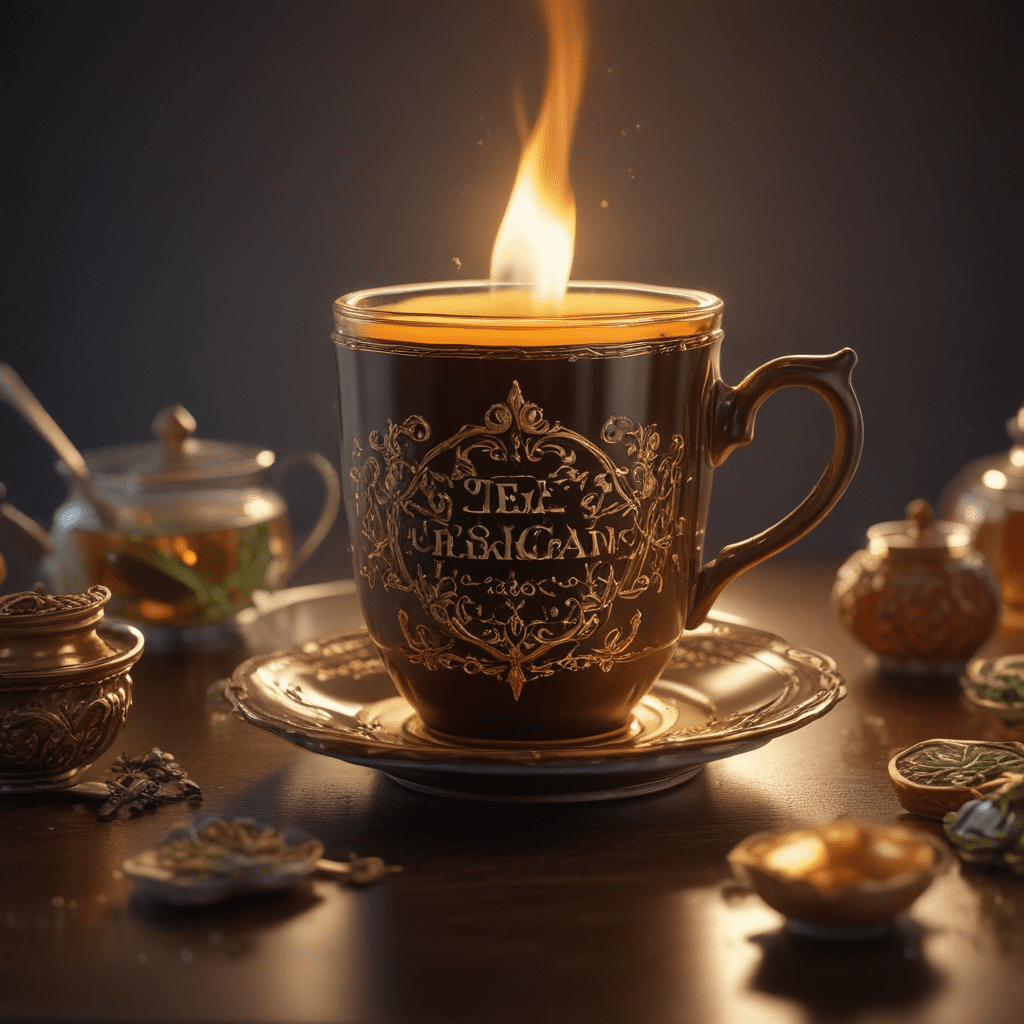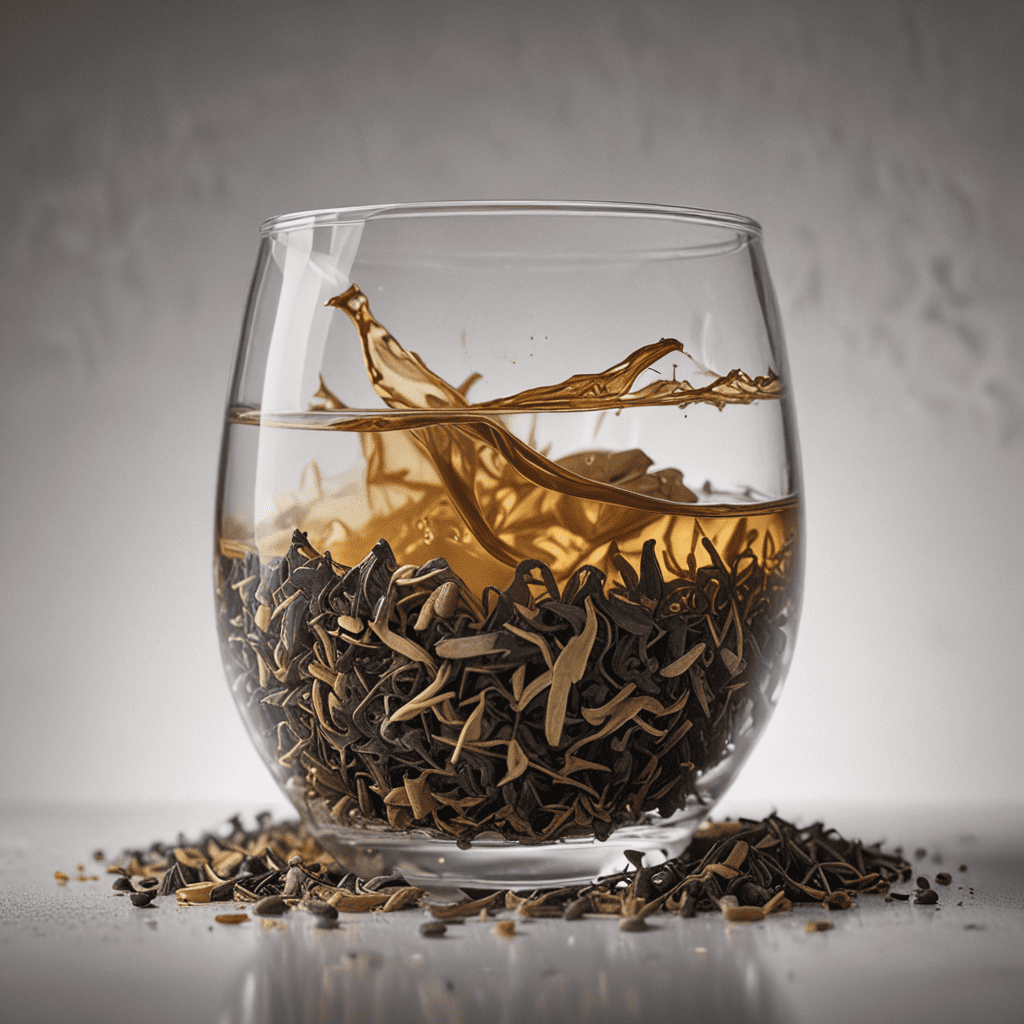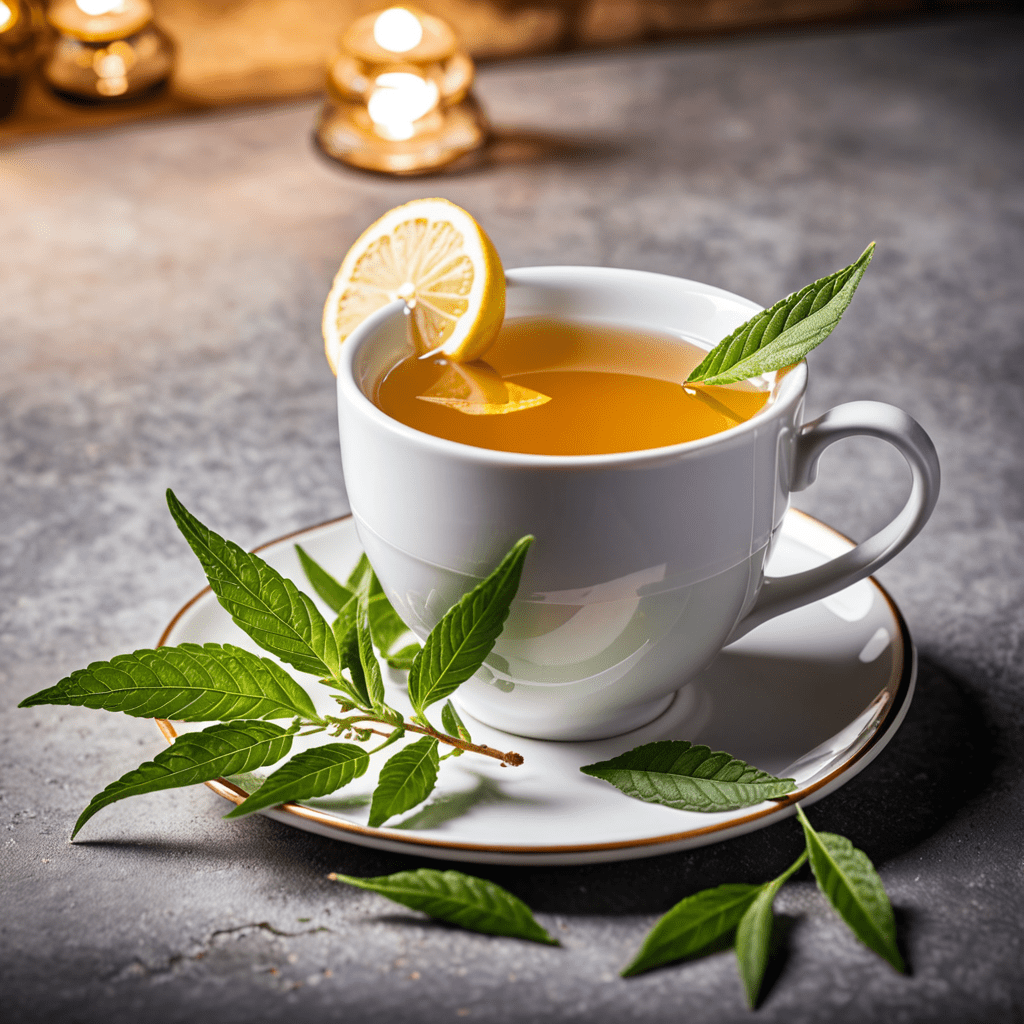
1. Introduction: Unveiling the Essence of Tea in Indian Culture
Tea in India is not merely a beverage; it is a cultural tapestry woven into the fabric of daily life. From the bustling streets of Mumbai to the serene valleys of Darjeeling, the aroma of freshly brewed tea permeates every corner of the nation. Offering a cup of chai, as it is affectionately called, is an integral part of Indian hospitality, a gesture that signifies warmth, respect, and a shared moment of connection. This guide delves into the intricate etiquette of tea in India, empowering you to navigate social norms with grace and understanding.
2. The Art of Offering Tea: A Gesture of Warmth and Respect
In Indian culture, offering tea to a guest is not just a courtesy, it is an act of respect and an expression of genuine warmth. The tradition dictates that tea should be offered with the right hand, a gesture that signifies sincerity and care. It is customary to address elders first, acknowledging their seniority and wisdom. If unable to accept, a polite refusal accompanied by a genuine explanation is always appreciated. The host will understand and likely suggest an alternative beverage.
3. Accepting Tea Gracefully: Expressing Gratitude and Appreciation
Accepting a cup of chai with a grateful heart is the cornerstone of good tea etiquette in India. A simple "thank you" or "aapki meharbani" (meaning "your kindness") goes a long way in expressing your appreciation. When receiving the cup and saucer, use your right hand as a mark of respect. Avoid blowing on hot tea or making slurping sounds, as these are considered impolite. Savoring the tea slowly, engaging in conversation, and thanking the host once again after finishing are signs of good manners.
4. Understanding Tea Preferences: Embracing Individuality and Choice
Tea preferences in India vary widely, with some favoring a strong, milky concoction, while others prefer a lighter, sugar-infused brew. Before adding anything to the tea, it is polite to inquire about the guest's preferences. Offering alternatives such as black coffee or herbal tea demonstrates inclusivity and consideration for those who might not enjoy regular tea.
5. The Ritual of Drinking Tea: A Moment of Calm and Conversation
In India, drinking tea is not just about quenching thirst; it is a ritual, an opportunity to slow down, savor the moment, and engage in meaningful conversations. Sip the tea slowly, appreciating its aroma and flavor. Engage with your host and fellow guests, creating a space for shared laughter, heartfelt stories, and genuine connection. Avoid excessive stirring or leaving the spoon inside the cup, as these gestures are considered impolite.
6. Refills and Second Servings: A Delicate Balance of Courtesy and Respect
Observing cues from the host is crucial when it comes to refills and second servings. If the host offers more tea, it is polite to accept. However, if you are feeling full, politely decline by expressing your gratitude and stating that you are content. Similarly, if you would like more tea, wait for the host to offer a refill or ask politely. Avoid pouring your own tea; allow the host to do so as a sign of respect and hospitality.
7. Regional Variations: Embracing Diversity in Tea Culture
India's vast landscape boasts a rich tapestry of regional tea cultures, each with its unique customs and preferences. In Assam, for instance, tea is traditionally served strong and milky, often with a generous amount of sugar. In Kashmir, however, the preferred brew is Kahwa, a fragrant green tea infused with saffron and almonds. Adapting to these regional variations demonstrates respect and appreciation for the local traditions.
8. Special Occasions and Festivals: Tea as a Celebratory Elixir
Tea plays a significant role in Indian celebrations and festivals. During Diwali, the festival of lights, masala chai is a must-have beverage, symbolizing warmth and togetherness. At weddings, a special cardamom-infused tea called "doodhpatti" is served to guests, signifying auspicious beginnings. Observing the specific etiquette associated with these occasions, such as offering tea to deities or elders, demonstrates cultural sensitivity and respect.
9. Modern Adaptations: Blending Tradition with Contemporary Trends
As India evolves, so too does its tea culture. While traditional customs remain deeply rooted, modern adaptations are emerging. Cafés and tea lounges are offering innovative tea blends and brewing techniques, catering to a younger generation. Tea pairing with food is also gaining popularity, with restaurants curating menus that complement the flavors of different teas. Embracing these modern trends alongside traditional etiquette reflects a dynamic and evolving tea culture in India.
10. Frequently Asked Questions: Unraveling Common Tea-Related Queries
Q: What is the best time to offer tea in India?
A: Tea is typically offered throughout the day, from morning to evening. However, specific occasions may call for tea at特定的时间,例如在节日或仪式期间。
Q: Is it considered rude to add sugar or milk to tea without asking?
A: Yes, it is considered polite to inquire about preferences before adding anything to the tea. Some individuals may prefer their tea black, while others may have dietary restrictions.
Q: What if I don't like tea?
A: If you do not enjoy tea, politely decline the offer and express your gratitude. The host will likely suggest an alternative beverage or refreshment.
Q: Can I bring my own tea to a gathering in India?
A: It is generally not considered appropriate to bring your own tea to a gathering unless specifically requested by the host. Accepting the tea offered by the host is a gesture of respect and appreciation for their hospitality.


